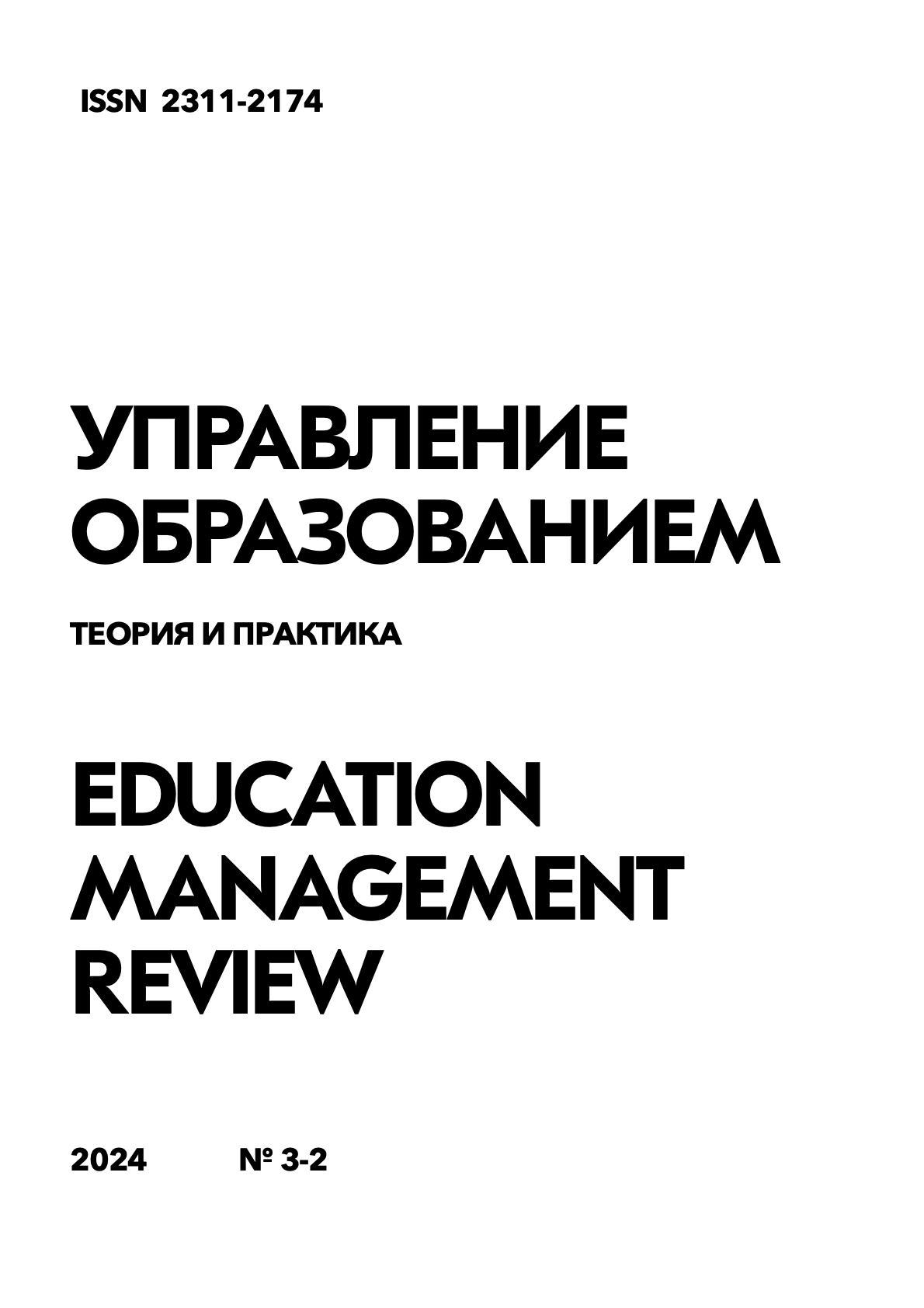The role of physical culture in the formation of personality and strengthening the health of students
DOI:
https://doi.org/10.25726/c8907-6880-0822-fKeywords:
physical education, sports, healthy lifestyle, student, personality formation, healthAbstract
The article describes the results of an online survey of respondents aimed at identifying the role of physical culture in the formation of personality and strengthening the health of students. This work is relevant because students' physical activity decreases and this greatly affects aspects such as sleep, productivity, efficiency, learning ability, concentration, etc. Close attention is paid to the issue of students' understanding of the importance of physical education classes in higher education. The question of what place physical culture occupies in a student's life, how it affects productivity, concentration, discipline and self-affirmation in society is considered. The article touches upon the problems of discipline due to which students could theoretically skip physical education classes. Recommendations for a variety of seminars for university teachers based on student questionnaires are proposed. The analysis will reveal the problems and mistakes that cause many students to skip physical education classes at the university. The analysis will also reveal the goals and motives of those students who do not miss classes. In conclusion, the work presents recommendations for the popularization of physical culture and a healthy lifestyle in general among students and applicants.
References
Алешина А.С., Аношкина О.Б. Воспитание волевых качеств посредством занятия физической культурой и спортом // Молодой ученый. 2023. № 49(496). С. 500-504.
Глазунов Ю.Т. Роль и значение воли в процессах целеполагания // Вестник МГТУ. Труды Мурманского государственного технического университета. 2013. Т. 16. № 2. С. 279-287.
Овсянников В.Г., Пашков М.В. Методологические принципы и методика прикладного социологического исследования // Вестник Санкт-Петербургского университета. 2012. С. 205-211.
Приказ Министерства здравоохранения РФ № 8 «Об утверждении Стратегии формирования здорового образа жизни населения, профилактики и контроля неинфекционных заболеваний на период до 2025 года» от 15.01. 2020.
Федеральный закон № 329-ФЗ «О физической культуре и спорте в Российской Федерации» от 04.12.2007.
Физическая культура: уч.-метод. реком. для студ.-заоч. не физкульт. спец. Сост. В.В. Щеголев и В.Н. Белевский. Калуга: КГУ, 2019. 31 с.
Холодов Ж.К., Кузнецов В.С., Теория и методика физического воспитания и спорта: учеб. пос. для студ. вузов. 5-е изд. М., 2007. С. 19.
Чехунова А.А. Особенности самоэффективности спортсменов высшего мастерства // Молодой ученый. 2018. № 47(233). С. 326-330.
Шарафутдинова Р.Д. Оздоровительная физическая культура как фактор укрепления и сохранения здоровья // Вестник Челябинского государственного университета. Образование и здравоохранение. 2014. № 2. С. 117–120.
Kitsantas A. Self-regulation in athletes: A social cognitive perspective // Handbook of selfregulation of learning and performance. Routledge, 2017. С. 194-207.




